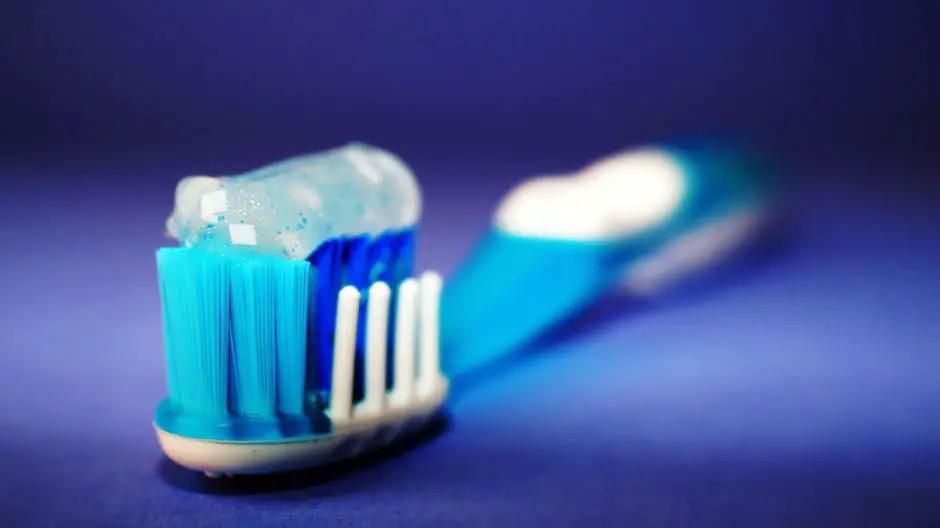Every night, while we sleep, our mind embarks on journeys into fantastical realms through dreams. These intriguing narratives crafted by our subconscious can be joyful, whimsical, terrifying, or downright bizarre. Among the multitude of themes that can manifest in our dreams, one particularly unsettling motif is the loss of teeth. As common as it is disconcerting, dreaming about teeth loss can leave us mystified, and more often than not, somewhat perturbed. This exploration will touch on various aspects of teeth loss dreams, delving into their interpretations from multiple perspectives, examining common triggers, elucidating related psychological theories, and offering practical advice on handling such dreams.
Interpreting dreams and teeth loss
Interpreting Dreams and Teeth Loss
Dream interpretation is a major aspect of psychology and various cultures all around the world. In the context of dreams, one common theme many people report is the loss of teeth. According to Sigmund Freud’s psychoanalytic theory, dreams that involve losing teeth may symbolize the anxiety that comes with one’s mortality or the fear of aging, as teeth are often associated with vitality, attractiveness, and youth. Freud’s interpretation also infers that the loss of teeth suggests a fear of losing power, given teeth’s role in biting, tearing, and essentially consuming food.
The Cultural and Psychological Significance of Losing Teeth in Dreams
Losing teeth in dreams carries varying significance across different cultures. Traditional Chinese interpretations regard it as an indication of being deceived by dishonest individuals. Greek culture, on the other hand, sees it as a grave omen portending ill-health of a family member or close friend. Modern psychologists provide other standpoints, tying such dreams to stress and anxiety over physical appearance or social acceptance. Regardless of these varying interpretations, the common thread is that dreaming about tooth loss symbolizes a form of change or transformation happening in the dreamer’s life.

Common reasons for teeth loss dreams
Decoding Teeth Loss in Dreams: The stress and anxiety connection
Typically, dreams of losing teeth are closely linked to stress and anxiety. Anxiety is a feeling of discomfort, often manifesting as worry or fear, which can range from being mild to severe. This emotional turbulence often echoes in our dreams, especially when the person endures high levels of stress. The subconscious mind uses dreams as an escape to convey these suppressed emotions. Consequently, dreams of teeth falling out may symbolize feelings of powerlessness or the apprehension of loss in real life. This might be triggered by situations that are beyond control, confronting challenges, or fear of judgement or scrutiny, which then materialize in dreams.
Teeth Loss Dreams in Context of Major Life Changes
Life’s monumental transitions can often result in dreams of losing teeth. These significant changes may include shifts in marital status, professional progress, transitions into parenthood, or even personal growth. Such dreams are ostensibly an articulation of anxiety or apprehension associated with adapting to new situations. Teeth, integral to our physical appearance and self-perception, signify youth, well-being, and vigor. Dreams about losing teeth, therefore, may symbolize fear of aging, suffering from health complications, or losing one’s allure or robustness. This generally leads to the dream phenomenon of teeth loss, which tend to mirror sentiments of loss, transition, insecurity, or fear.

Psychological theories about dreams
Freud’s Perspective on Teeth Loss Dreams
Regarded as the pioneer of psychoanalysis, Sigmund Freud postulated that dreams were a reflection of suppressed yearnings, thoughts, and motivations. He proposed a distinction between the manifest content and latent content of a dream. The former details what the dream ostensibly projects, while the latter explores its underlying symbolic significance. Drawing from Freud’s theories, teeth loss dreams could suggest an underlying anxiety related to sexual repression or castration fears. Freud classified teeth as a recurrent dream symbol for sexual potency and aggression. Therefore, a dreamer losing teeth could, in Freud’s interpretation, symbolize castration fears or anxieties surrounding impotence.
Teeth Loss Dreams in Jungian Perspective
Carl Jung, a prominent figure in psychology, perceives dreams as a medium through which our subconscious communicates with our conscious mind, aiming for wholeness and realization. In the realm of Jungian dream interpretation, a one-size-fits-all approach is discouraged as symbols hold distinct and subjective meanings to each person. Nonetheless, Jung recognized teeth, in particular, as common dream symbols indicative of transformation, renewal, or rebirth. Dreams featuring falling out teeth may signify a distressing or unpleasant transformation in real life. As per Jungian thought, such dreams might be a reflection of feelings of insecurity, opposition to change, or apprehension of loss in an individual’s life.

Handling teeth loss dreams
Interpreting Dream Signals: The Significance of Teeth Loss
Dreams involving the loss of teeth are widespread and often tied to feelings of insecurity, anxiety, or crucial changes in one’s life. It is essential to understand these dreams symbolically rather than attributing a literal meaning to them. Psychoanalytic theories propose that dreams of losing teeth could mirror concerns about one’s physical appearance, anxiety over personal loss, or life transitions such as beginning a new job or entering into a new relationship.
Practical Approaches: Therapy and Lifestyle Adjustments
Given the potential connection between teeth loss dreams and emotional unease, one of the most effective ways to approach these dreams is by working with a therapist or counselor. Cognitive-behavioral therapy, for instance, can help identify and manage stressors that may be contributing to these dreams. Mindfulness-based stress reduction techniques, such as meditation and relaxation exercises, can also be helpful in reducing anxiety and promoting restful sleep.
In addition to professional guidance, consider making lifestyle changes to promote both physical and mental wellbeing. Maintaining a balanced diet, establishing a regular sleep routine, and incorporating regular physical activity into your day can help mitigate stress and anxiety. Other practices, such as journaling or engaging in relaxing activities before bedtime, can also be useful. It’s important to remember that the frequency and intensity of teeth loss dreams may vary from person to person, and adjusting one’s approach over time can be beneficial.

While dreams, particularly those involving teeth loss, can often be distressing, they offer an avenue into the unfathomable depths of our psyche, shedding light on our fears, anxieties, and preoccupations. Understanding the meanings behind these dreams and the theories that explain their existence can empower us to navigate the labyrinth of our mind more confidently. Most significantly, acknowledging that teeth loss dreams may be indicators of underlying issues provides the first step towards addressing them. By adopting coping mechanisms, whether it be therapy or lifestyle changes, we can attempt to mitigate these underlying problems and, in turn, alleviate these unsettling night-time narratives that periodically hijack our slumber.
